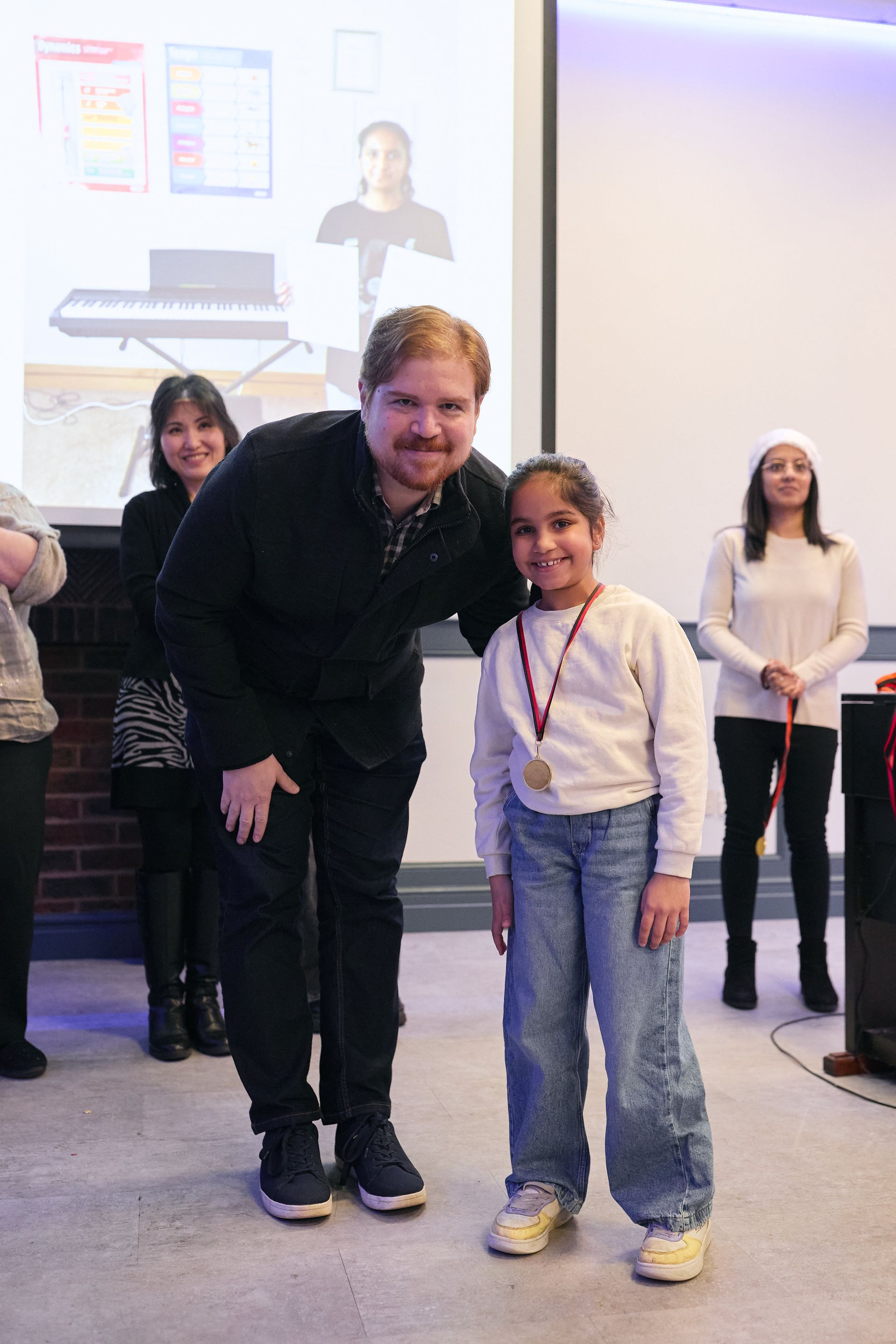How Parents and Piano Students Can Benefit from Trial Piano Lessons
Are trial periods necessary for piano lessons?
A trial period for piano lessons presents a wealth of benefits for both parents and students alike. For parents, it offers an insightful glimpse into the teaching style, expertise, and rapport of the piano instructor with their child. It's an opportunity to assess the compatibility of the teacher's approach with the student's learning style and personality. This trial period enables parents to make informed decisions regarding the investment of time and resources in the piano lessons, ensuring that it aligns with their child's interests and development.
Simultaneously, for piano students, a trial period acts as an exploratory phase that allows them to experience the teaching methods, atmosphere, and content of the lessons. It grants them a chance to assess their comfort level with the instrument, the instructor's guidance, and the overall learning environment. This trial period serves as a motivational tool, igniting enthusiasm and curiosity about learning the piano. Students can gauge their own interest and potential commitment to the instrument, leading to a more informed decision about pursuing long-term lessons.
Moreover, the trial period fosters communication between parents, students, and the instructor. It encourages open dialogue to discuss expectations, goals, and individual needs. This communication lays the foundation for a collaborative learning journey, ensuring that everyone involved is on the same page regarding the learning objectives, practice routines, and the overall progression of the student. Additionally, it provides an avenue for parents and students to address any concerns or questions they might have before fully committing to ongoing piano lessons, fostering a more supportive and constructive learning environment from the outset.
If you wish to know more about these hacks and resources, feel free to take a look around our website or connect with us directly!



